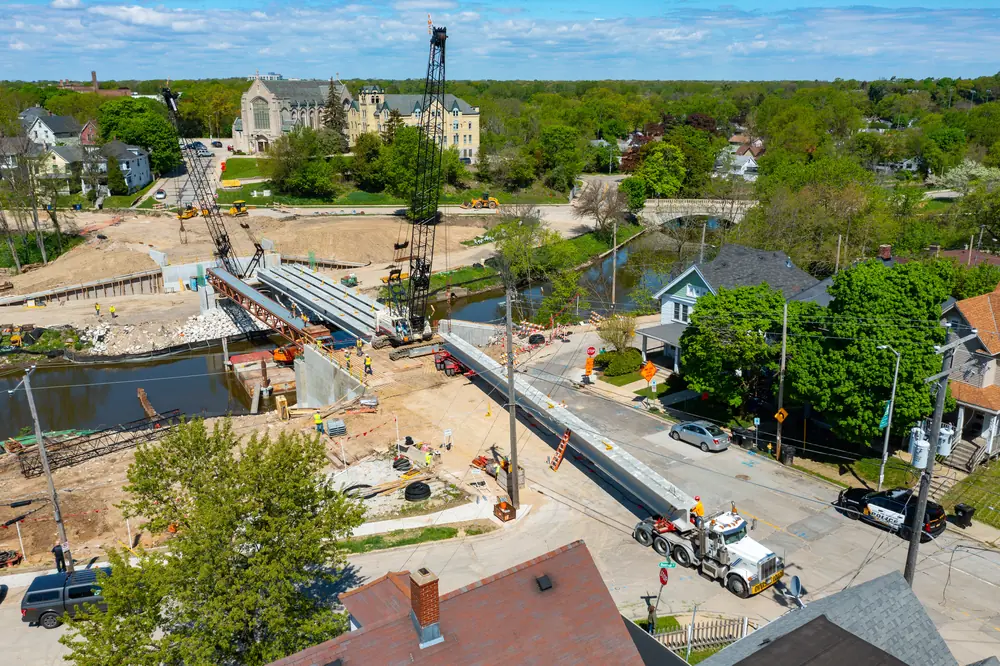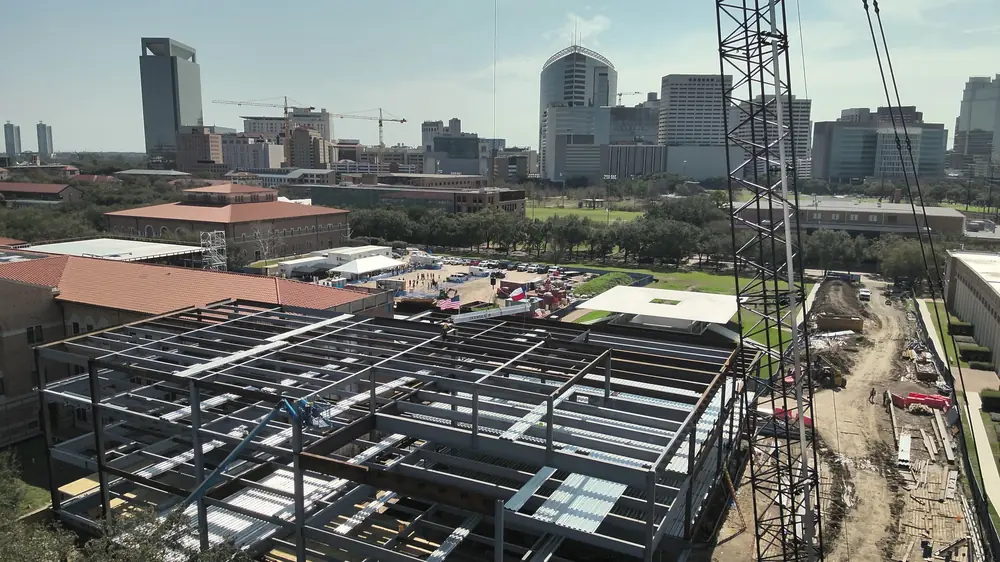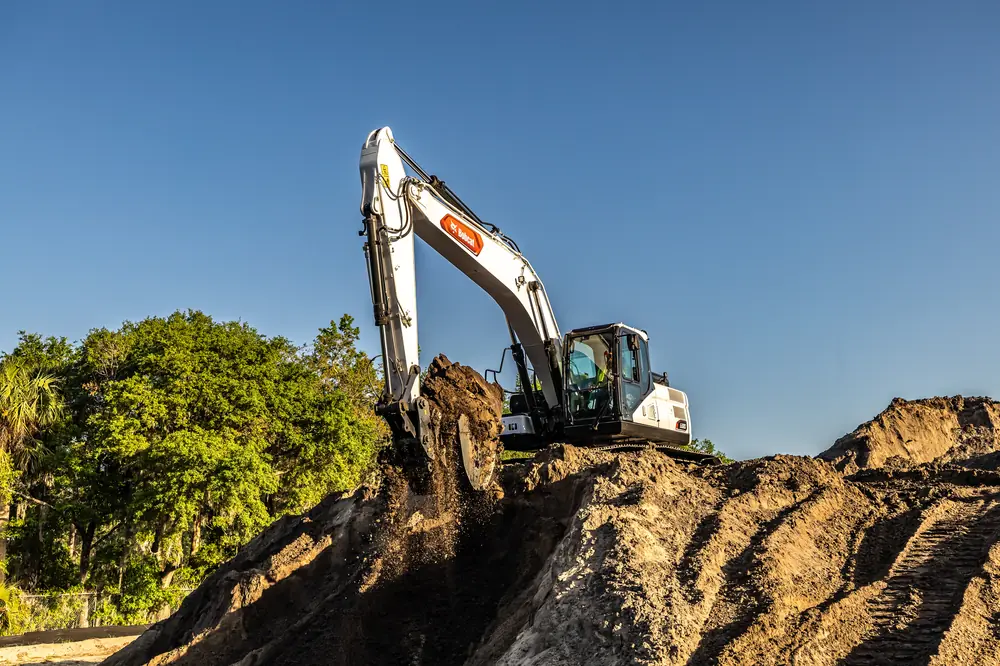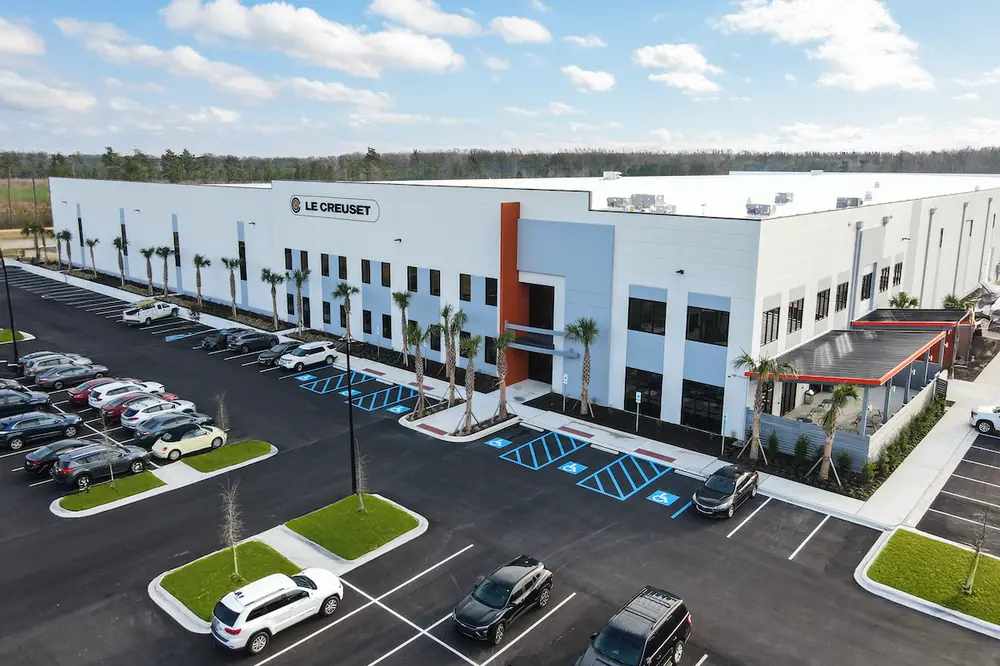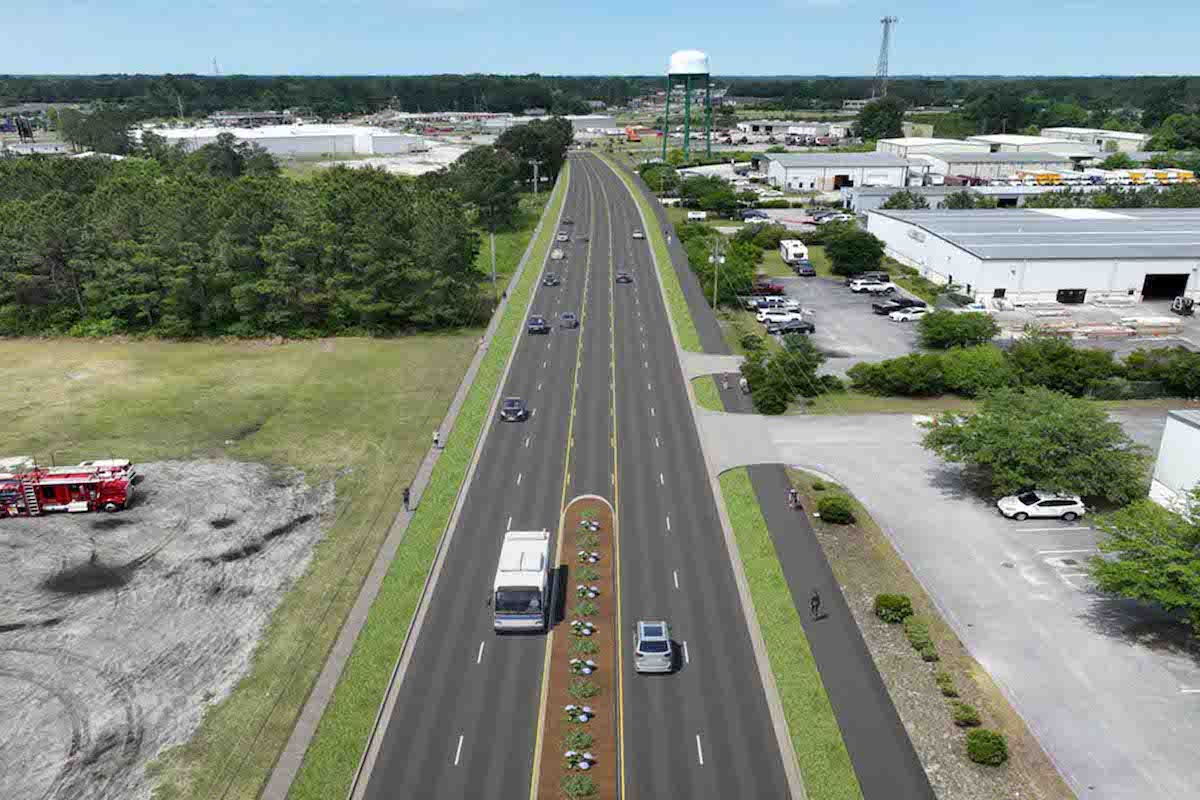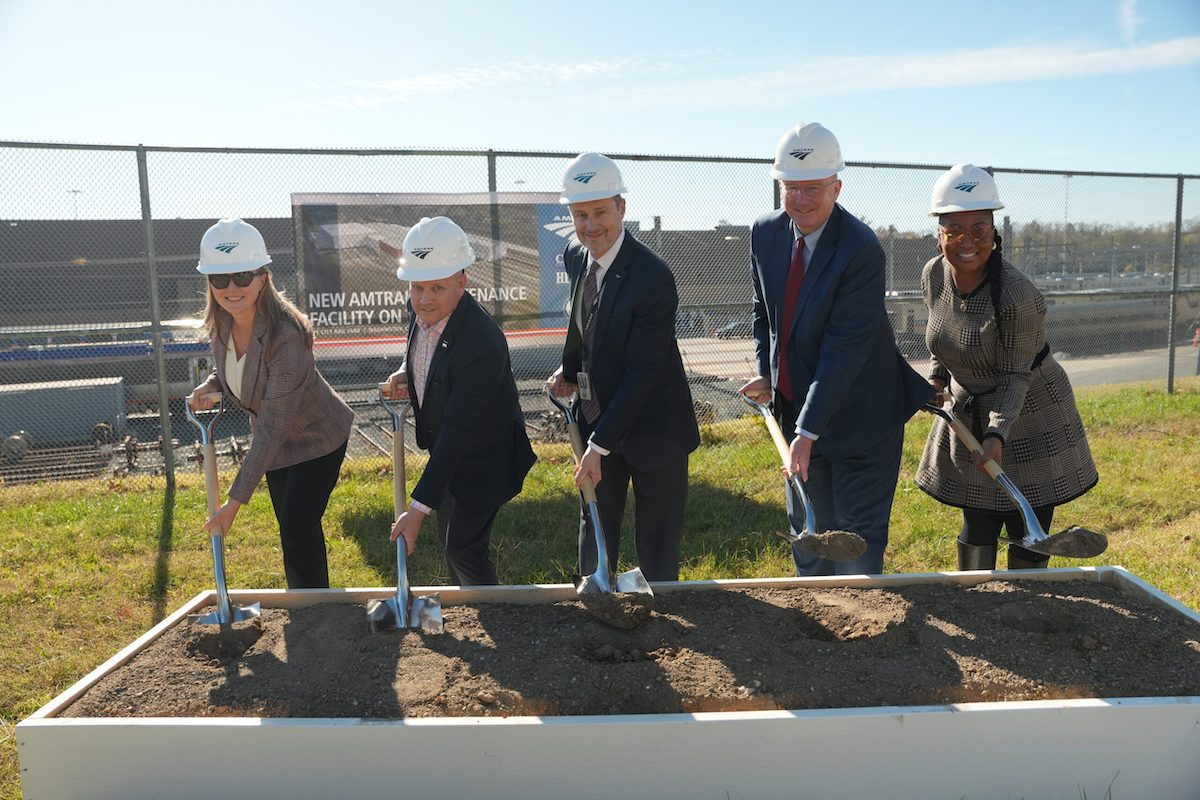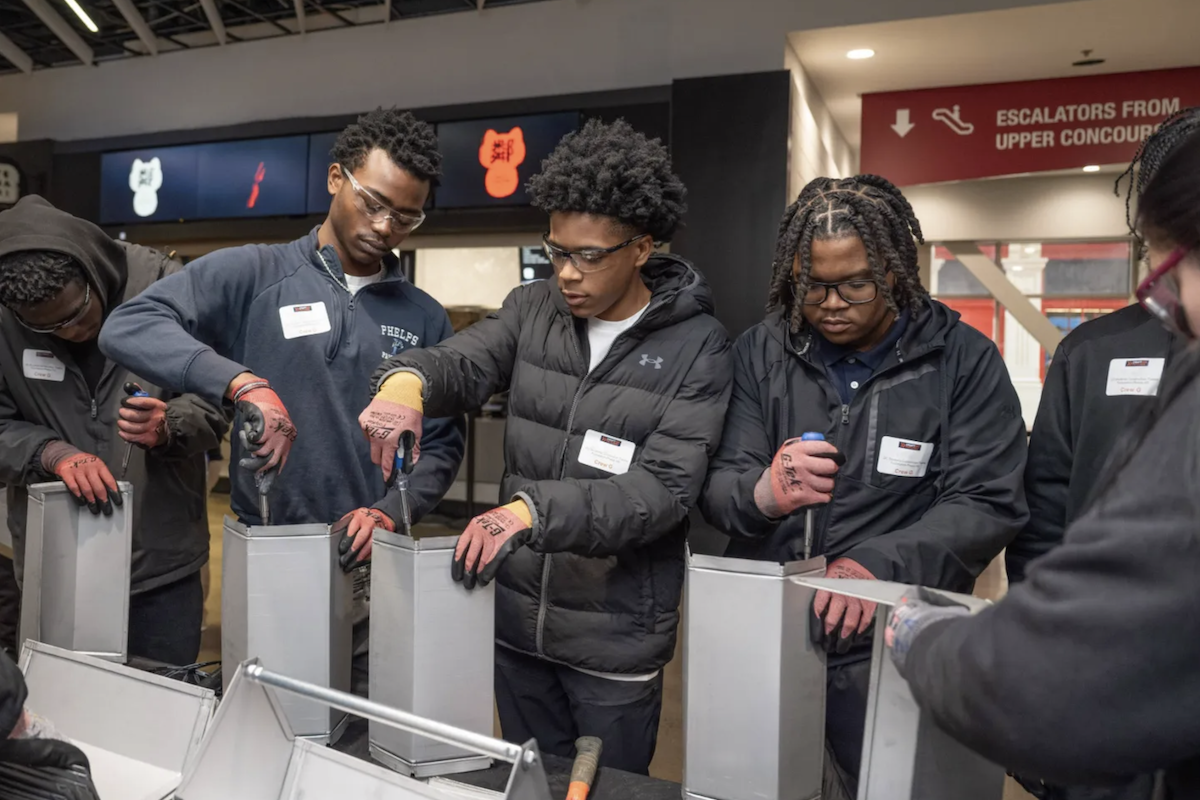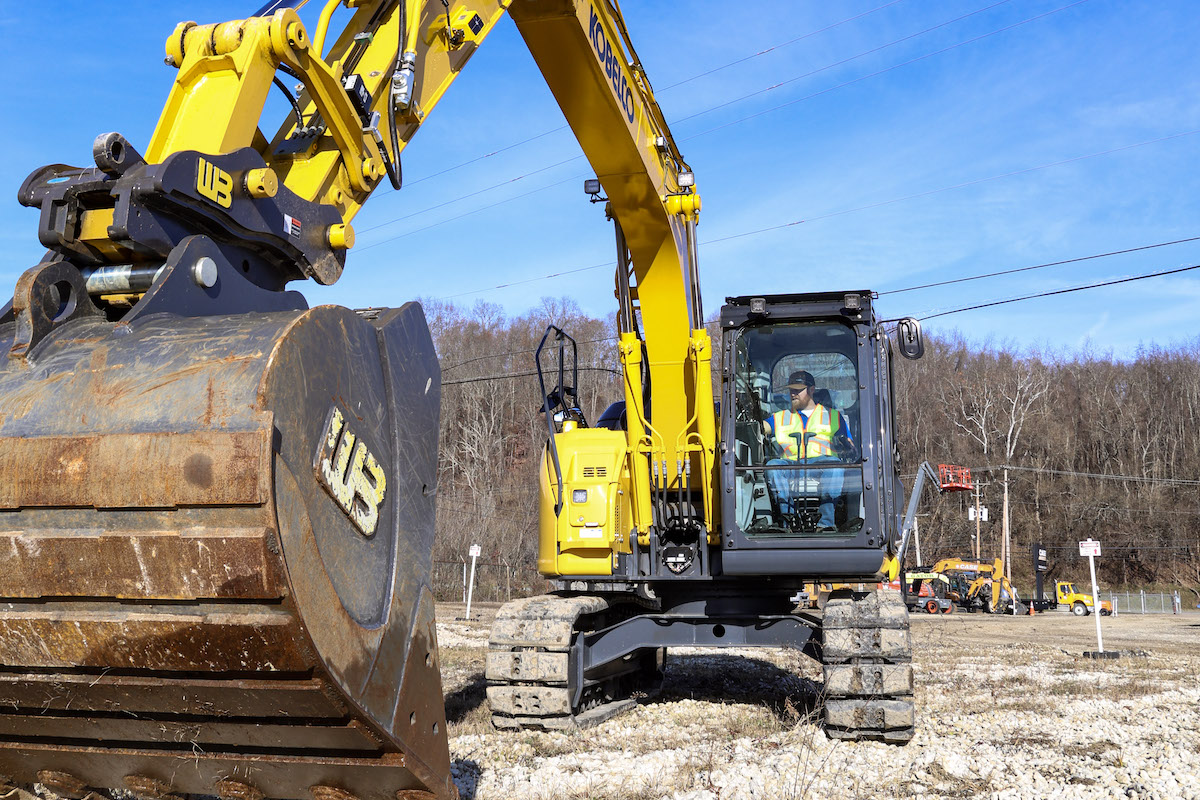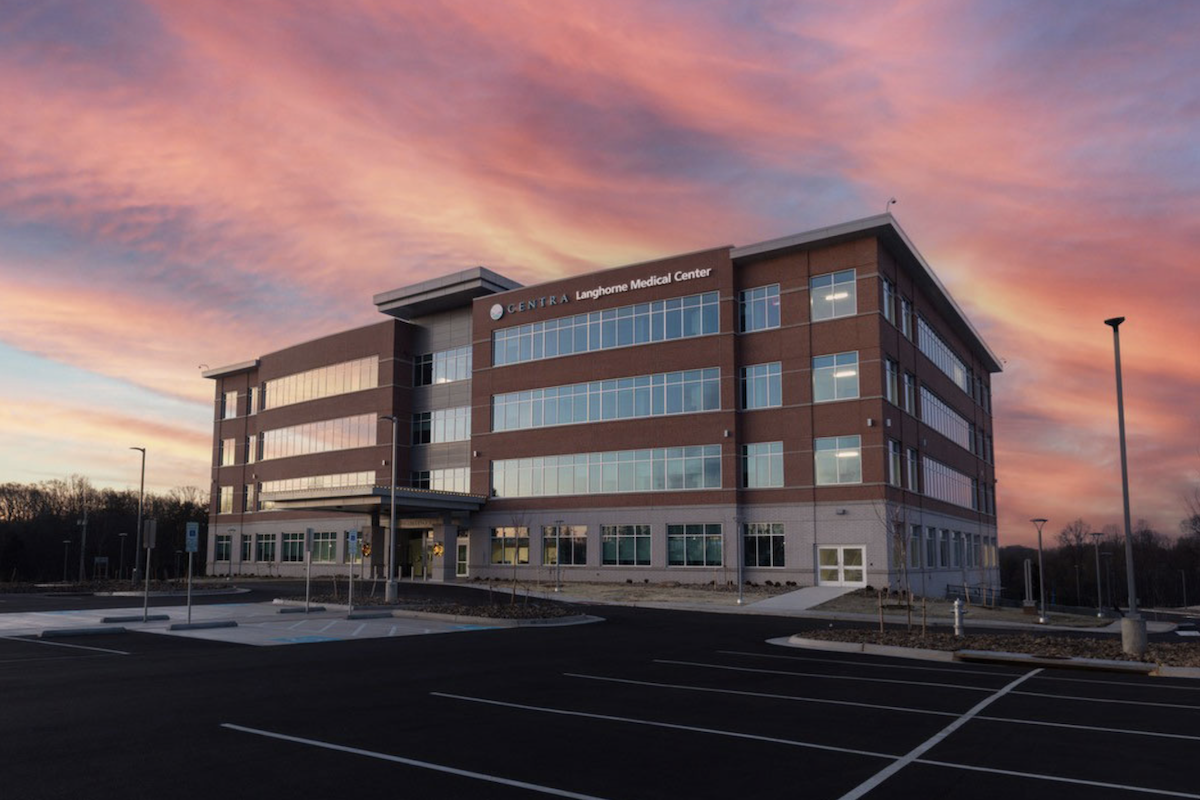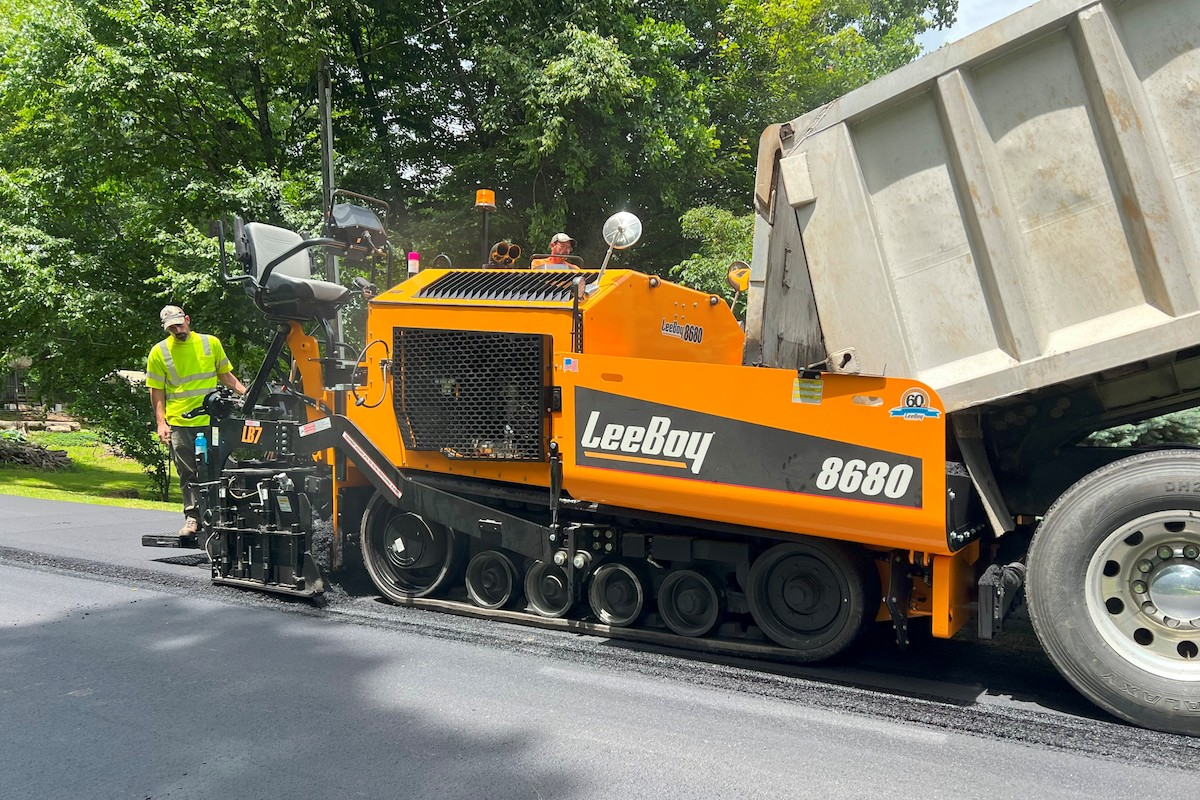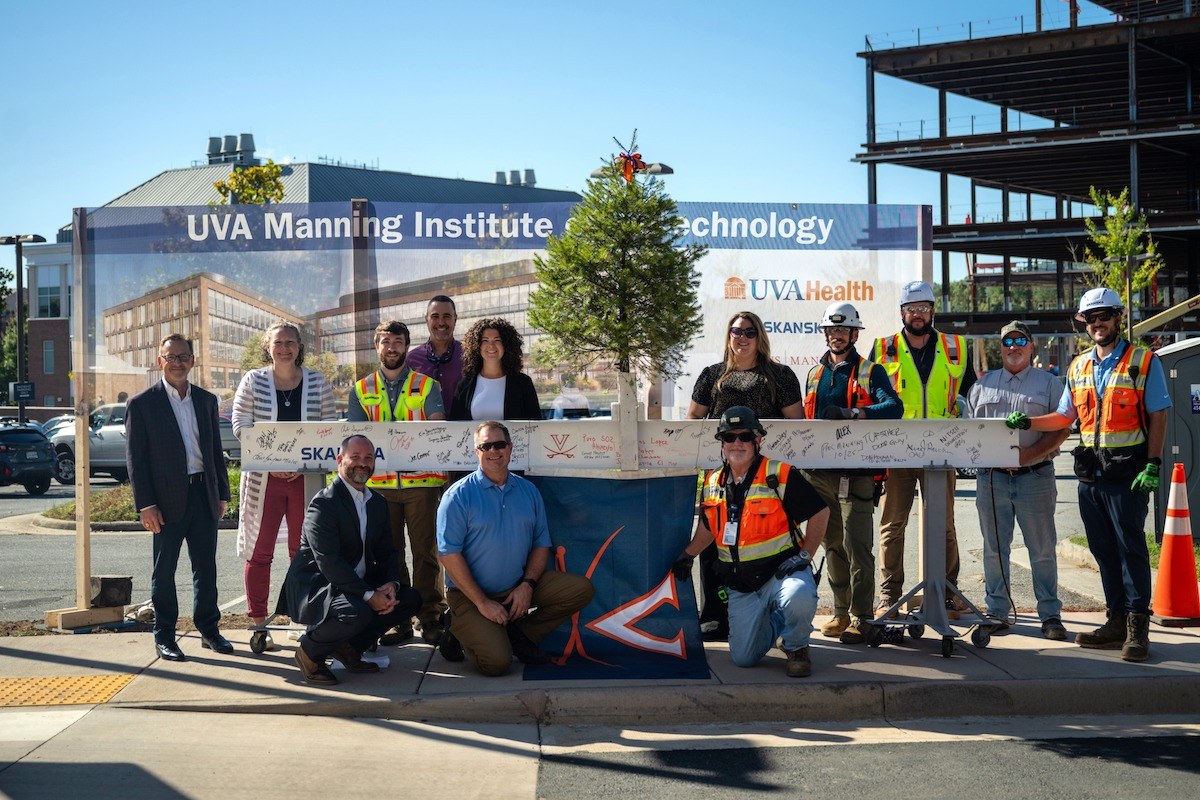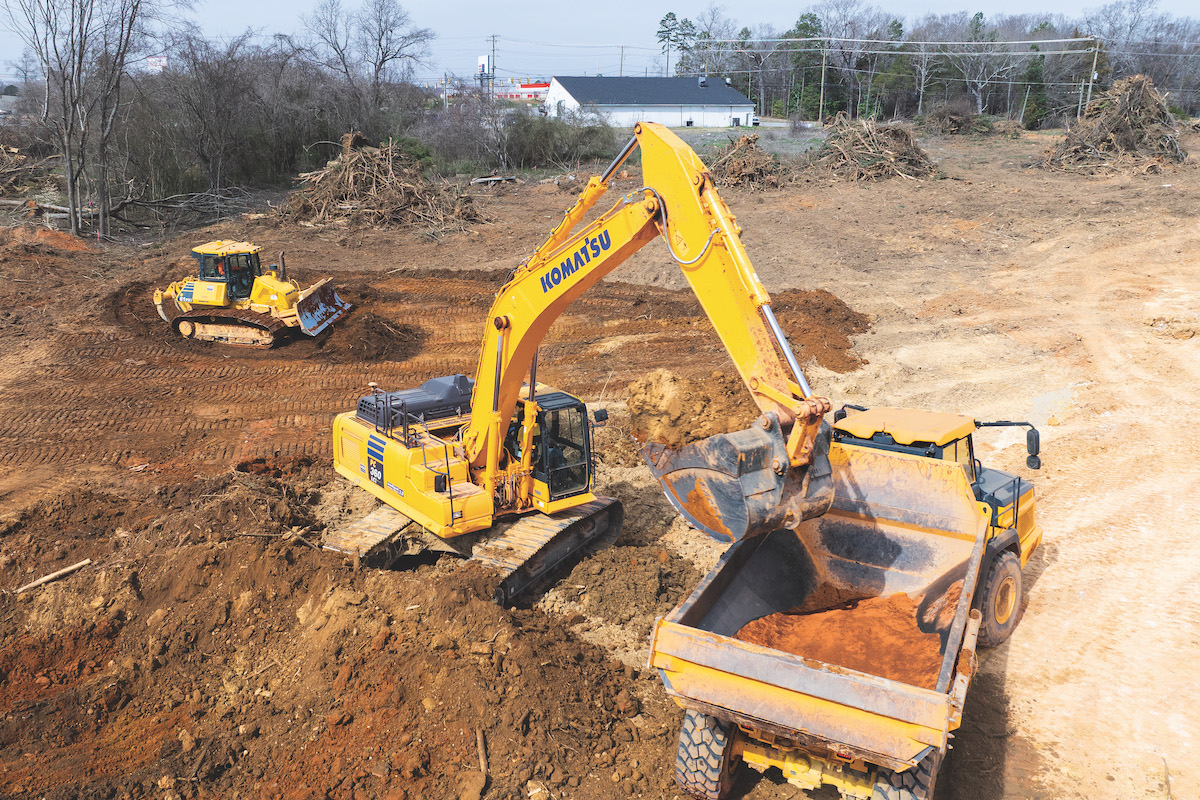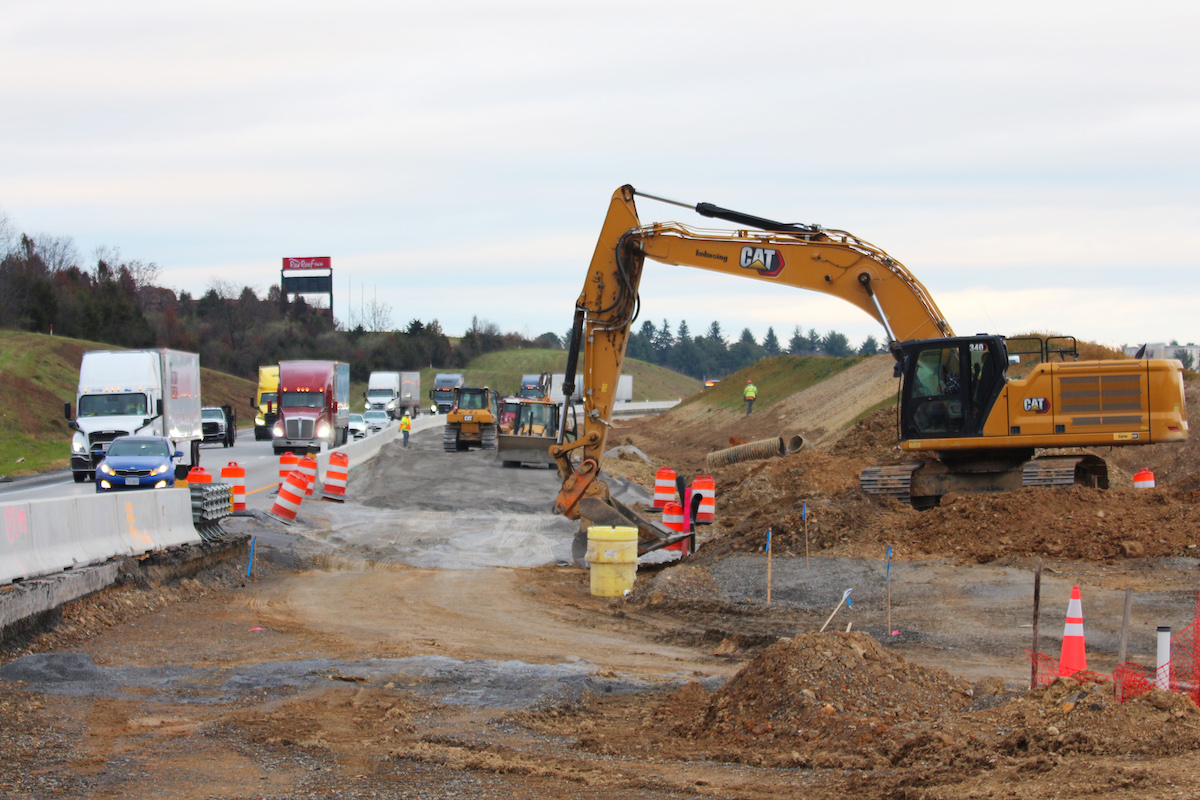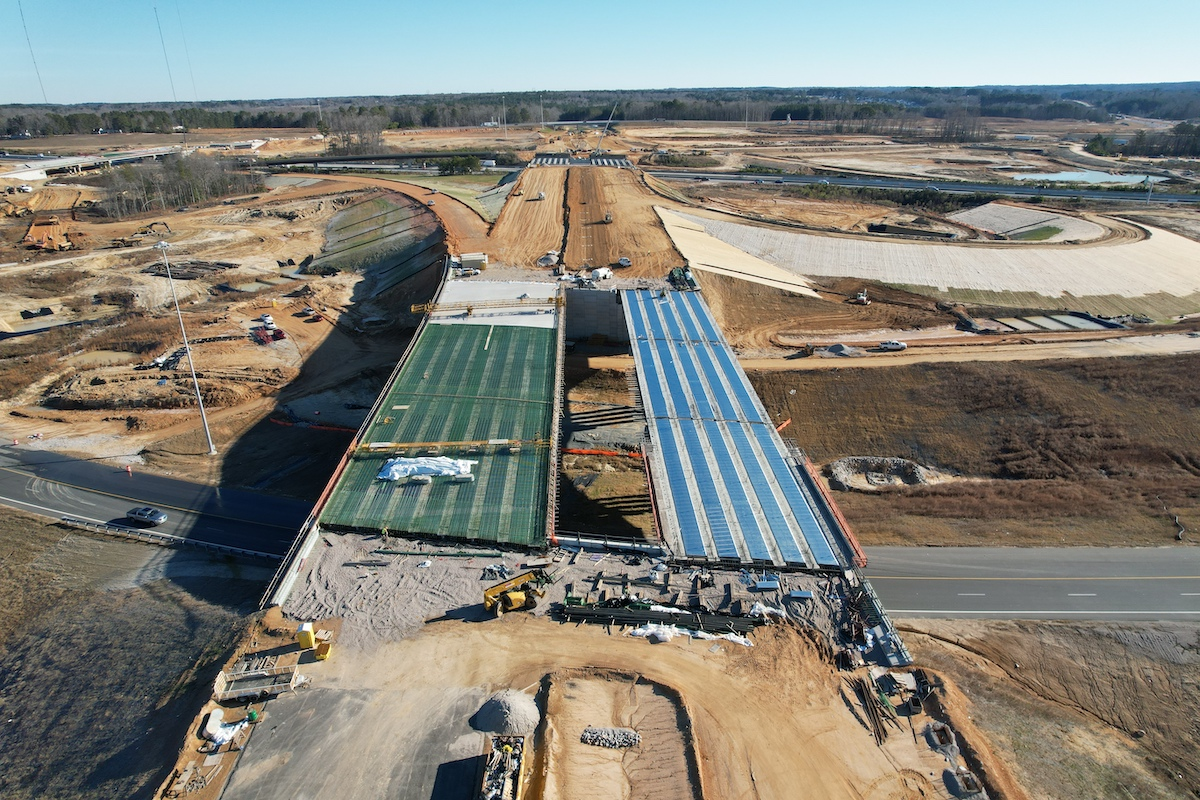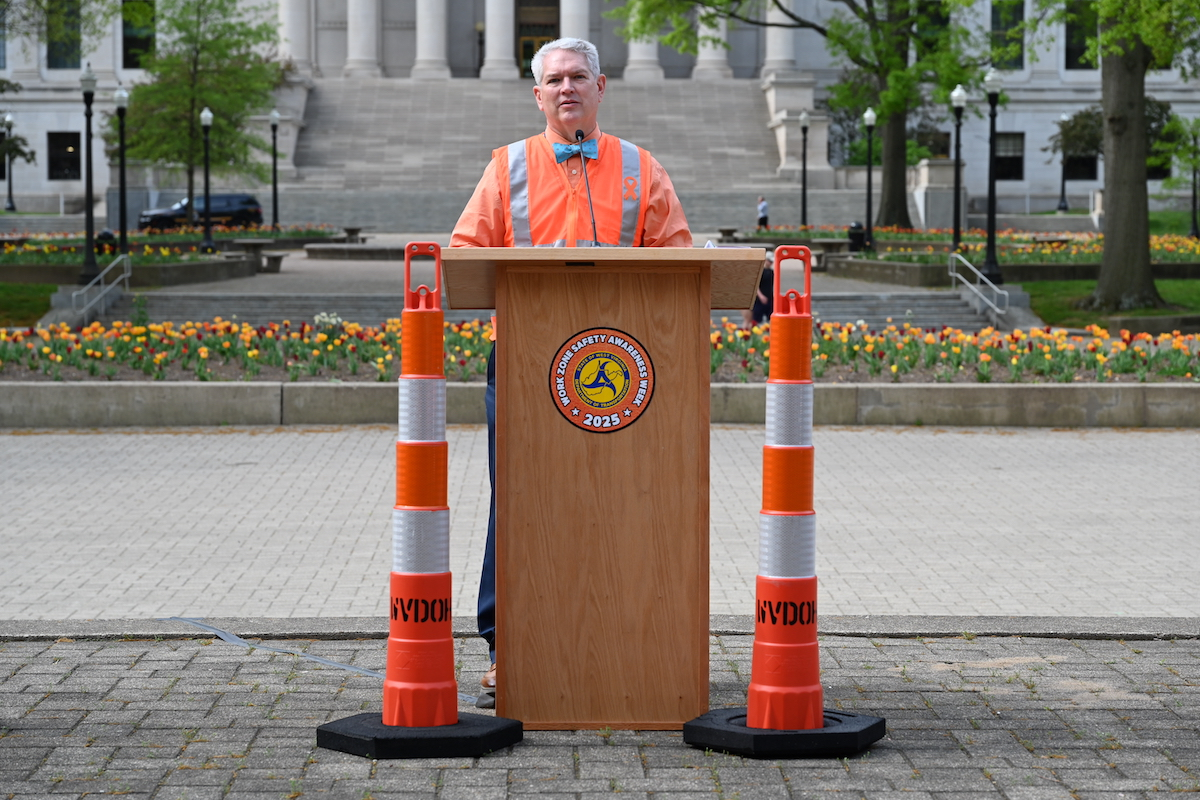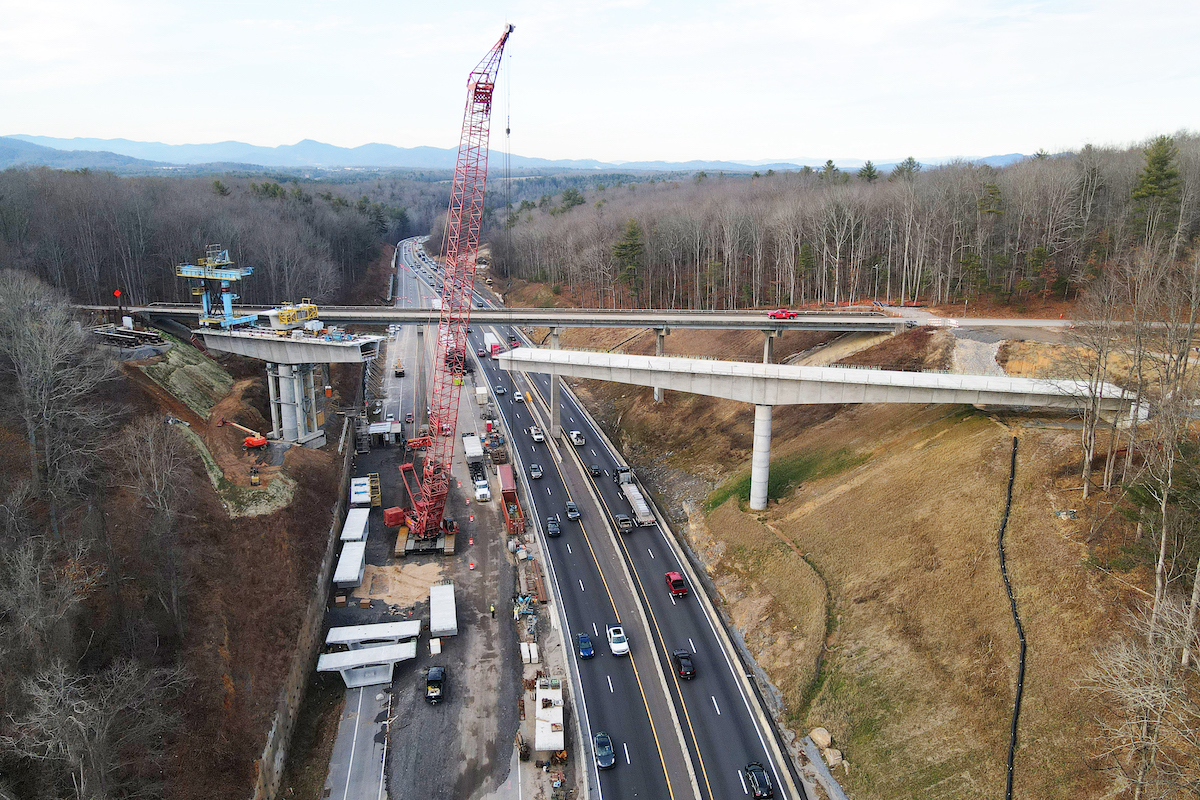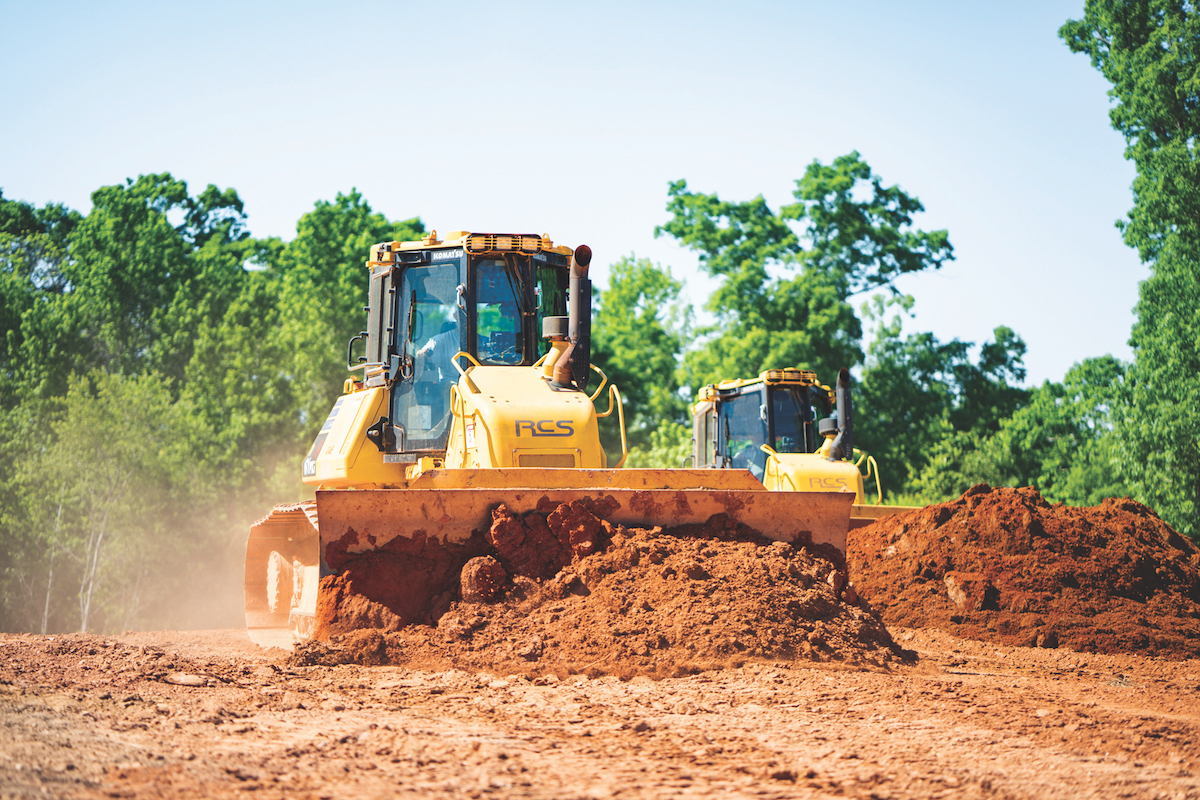Work on the project has required innovative thinking to resolve issues. Examples include modifying temporary bridge surfaces that required surface changes after vehicles started driving on it and adjusting traffic control on frontage roads. The traffic control allowed TxDOT to move traffic to a new location and enabled work to progress on the bridge over those roads without dealing with nearby traffic.
Danny Perez, TxDOT Spokesman, provided another example. “Making height adjustments or changing the type of retaining walls where existing conditions differed from the plans or obstructions impeded the work,” he said. “Bridge designers would modify cap lengths, so support columns or drill shafts would avoid an underground conflict.”
Population growth in the area has resulted in greater congestion at the interchange of these two busy interstates. In fact, the Texas A&M Transportation Institute has ranked this area of the I-610 West Loop the most congested roadway in the state and I-69 the second most congested. About 300,000 cars pass through the interchange daily.
I-610 serves as the closest beltway to the city, while I-69 passes southwest to northeast through the city, bringing people to jobs and entertainment.

| Your local Trimble Construction Division dealer |
|---|
| SITECH Mid-South |
An estimated 2.3 million people live in the city of Houston, up from 2,099,451 in 2010, according to the U.S. Census Bureau. The city, located in Harris County, has a population of 4.78 million, up from 4 million in 2010.
J. Bruce Bugg, Jr., Chairman of the Texas Transportation Commission, credited the state’s economy with fueling the population growth during a speech at the project’s groundbreaking ceremony.
The congestion-relief program, Texas Clear Lanes, provided $87.5 million toward the project.
Aguirre & Fields of Houston; LJA Engineering of Houston; AECOM of Dallas; Dannenbaum Engineering, now DEC, of Houston; and WSP in Houston served on the design team.
“Most of the underground utilities are documented in the plans, however, a local government may install an underground utility before construction begins without knowledge to the designer,” Perez said. “Discovered underground utilities included sanitary sewer lines, fiber optic cables, storm sewer, waterline, communication cables, steel casings, or existing buried concrete foundations.”
In all cases, the utility line was first exposed so it could be identified.
“Locating the owner of the utility was a challenge in itself,” Perez said. “In most cases, the utility was relocated by the utility owner. At times, there was enough slack in the line that would allow the utility to be slightly moved out of the way to continue with the work. Other times, the contractor was kept from advancing work so further damage was avoided.”
Completed sections of the project include:
- 2021: Half of the southbound I-610 to southbound I-69 connection, the southbound I-69 to northbound I-610 connection, and the northbound I-69 to northbound I-610
- 2022: The southbound Fournace entrance, the I-610 northbound mainline, the northbound Westheimer exit, and, temporarily, the southbound Chimney Rock exit
- 2023: The I-610 southbound mainline, the southbound Westheimer entrance ramp, and the southbound I-69 to southbound I-610 ramp
The contractor is using GPS technology on the rovers and robotic total station instruments that provide points and elevations, Perez said.
The mainline bridges have steel girders. During erection, the road had to close to traffic for safety.
“The interchange bridge design was consistent with most interchanges that include the standard drill shafts, footers, columns, caps, and beams, except the size of equipment used was larger when constructing a larger structure,” Perez said about one of the job’s challenges. “Drill shafts that were 9 feet in diameter would take nearly 12 to 15 hours to reach 100 feet [in] depth.”
Occasionally, crews encountered an unforeseen small drainage structure, requiring a reroute of the drainage. Soil cores are performed prior to designing a bridge, so for the most part, soil conditions matched the cores, Perez added.
Traffic management has presented significant challenges and includes some total closures of the roads, requiring advanced notice to local media, Houston Transtar, and other avenues. SMART message boards provide real-time traffic data in an automated manner, alerting motorists of delays up ahead or providing advanced notice of impactful closures.
“Due to the enormous amount of traffic in the area, police officers were used for the duration of the project,” Perez said.
Other construction challenges included constructing a new bridge in the same location as the existing structure, which was done in phases.
“There are parts of the existing bridge that can be removed sooner, while other parts have to be completely removed in order to construct the new bridge,” Perez said. “This is where traffic is impacted the most.”
TxDOT included incentives and disincentives for every major lane or bridge closure or reduced roadway.
“Finishing the lane or bridge prior to the allotted days means a financial bonus for every day they finished ahead, up to a maximum number of days,” Perez said. “There is a daily penalty for every day they go beyond the allotted days up to a maximum number of days. The roads/bridges were constructed in place [with] no accelerated techniques, other than resourcing the work with correct equipment.”
Perez cited having a very strong team and working together to advance the project as a highlight of the project. The stakeholders formed partnerships and practiced good communication skills.
TxDOT anticipates the project to finish in 2024. At that time, traffic will flow more smoothly throughout the interchange.
Photos courtesy of Texas Department of Transportation








